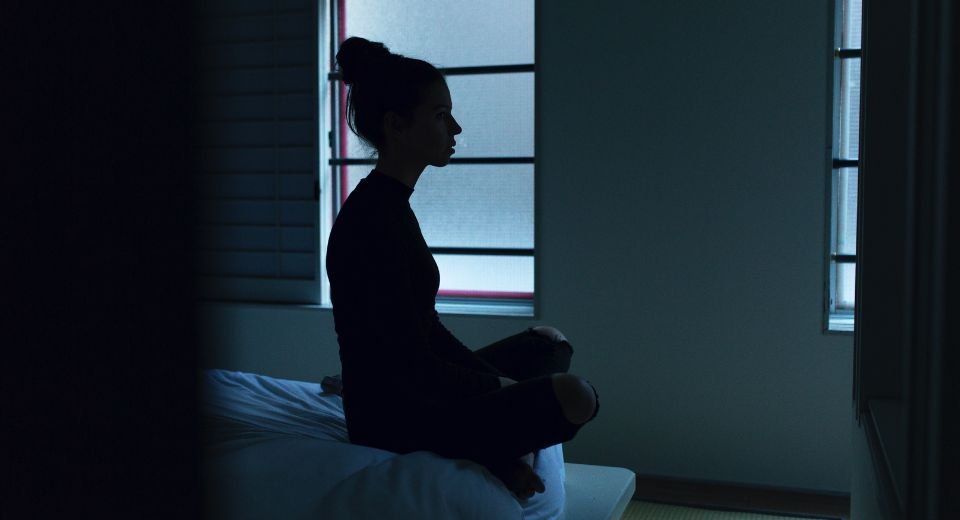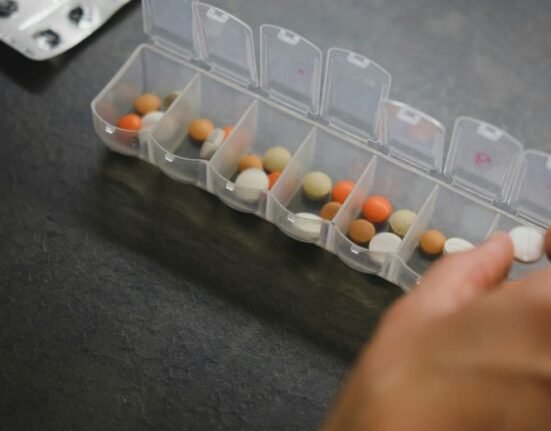HQ Team
June 24, 2023: Researchers at Stanford Medicine have identified a distinct new category of depression called the cognitive biotype. According to the study, published in JAMA Network Open, approximately 27% of depressed patients fall into this category, characterized by cognitive dysfunction that is not effectively treated by commonly prescribed antidepressants.
Researchers found that individuals in this category had difficulties with planning ahead, exhibiting self-control, sustaining focus despite distractions, and suppressing inappropriate behavior. Brain imaging revealed decreased activity in two specific brain regions responsible for these tasks.
Depression is categorized as a mood disorder and is commonly treated with antidepressants that primarily target serotonin, known as selective serotonin reuptake inhibitors (SSRIs). However, these medications are less effective for patients with cognitive dysfunction. The research team suggests that alternative treatments or less commonly used antidepressants targeting cognitive dysfunctions may alleviate symptoms and help restore social and occupational abilities.
Objective cognitive measures
The senior author of the study, Dr. Leanne Williams, emphasized the importance of finding new ways to address depression by individualizing treatment approaches.
“One of the big challenges is to find a new way to address what is currently a trial-and-error process so that more people can get better sooner,” Williams said. “Bringing in these objective cognitive measures like imaging will make sure we’re not using the same treatment on every patient.”
The study recruited 1,008 adults with previously untreated major depressive disorder who were randomly assigned to one of three widely prescribed antidepressants: escitalopram (Lexapro), sertraline (Zoloft), or venlafaxine-XR (Effexor). Cognitive tests and brain imaging were conducted before and after the eight-week treatment period. The participants’ depressive symptoms were measured using two surveys -; one, clinician-administered, and the other, a self-assessment,
The results showed that participants with the cognitive biotype displayed more prominent symptoms of slowing and insomnia, impaired cognitive function on behavioral tests, and reduced activity in specific frontal brain regions. These findings provide crucial measurement tools for psychiatrists to aid in treatment decision-making, which has traditionally relied on observations and self-report measures.
Post treatment remission
Following the treatment, the overall remission rates for depression symptoms were lower for participants with the cognitive biotype compared to those without it. The remission rates varied across the three antidepressants, with sertraline showing the most prominent difference.
Post-treatment, overall remission rates, or absence of overall depression symptoms were found to be 38.8 per cent for participants with the newly discovered biotype and 47.7 per cent for those without it. The difference was the widest for sertraline, for which the remission rates were 35.9 per cent and 50 per cent for those with the biotype and those without, respectively.
“Depression presents in different ways in different people, but finding commonalities, like similar profiles of brain function, helps medical professionals effectively treat participants by individualising care,” Williams said.
Cognitive biotype treatment
The researchers suggest that by identifying depression biotypes through behavior measurement and imaging, more effective and personalized treatment strategies can be developed. The study also paves the way for exploring alternative medications, such as guanfacine, which specifically targets the affected brain region.
“This study is crucial because psychiatrists have few measurement tools for depression to help make treatment decisions,” said Laura Hack, MD, PhD, the lead author of the study and an assistant professor of psychiatry and behavioral sciences. “It’s mostly making observations and self-report measures. Imaging while performing cognitive tasks is rather novel in depression treatment studies.”
Further studies are planned to compare different types of medication with treatments like transcranial magnetic stimulation and cognitive behavioral therapy. These interventions hold promise in addressing the unique challenges faced by individuals with the cognitive biotype, offering hope for improved outcomes and a more tailored approach to depression treatment.
The research was conducted in collaboration with various institutions, including the Sierra-Pacific Mental Illness Research, Education and Clinical Center, the Veterans Affairs Palo Alto Health Care System, the Brain Dynamic Centre, and the University of Sydney.








